Socfin : l'enquête Bloomberg confirme des violations des droits humains
- Humundi
- 24 April 2025
Violences sexuelles, accaparements de terres, répression : une nouvelle enquête éclaire les pratiques du groupe agro-industriel, écrit l'ONG Humundi

Violences sexuelles, accaparements de terres, répression : une nouvelle enquête éclaire les pratiques du groupe agro-industriel, écrit l'ONG Humundi
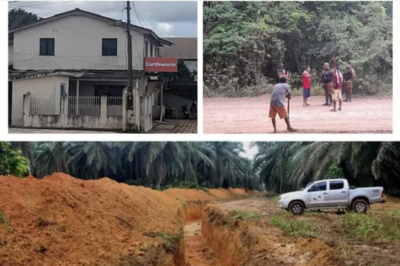
Under the guise of ‘conflict mediation’ and community empowerment, the work of certain corporate NGOs results in communities continuing without access to and control over their lands, and in strengthening destructive production models.
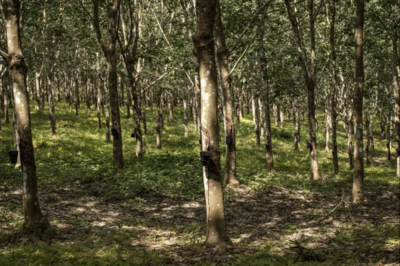
Bloomberg's Big Take podcast looks at an investigation into allegations of sexual coercion at plantations run by Socfin, a rubber company supplying top tiremakers.
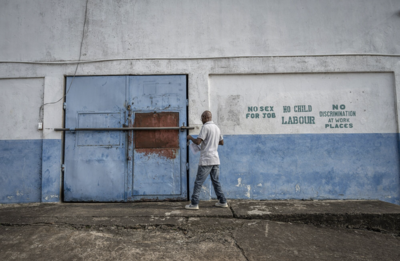
Hubert Fabri and Vincent Bolloré own plantations accused of land appropriation and labor abuses. Their company says it has taken steps to improve matters, but a trip to West Africa shows sexual coercion claims remain widespread.

The Liberian government has taken legal action against former union leaders of the Salala Agricultural Workers Union of Liberia following violent protests at the Salala Rubber Corporation in Margibi County on June 27, 2024.
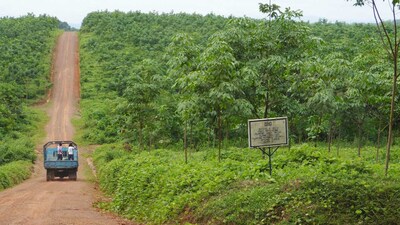
Advocates for 22 communities affected by the problems told ICIJ the sale allowed Socfin and the IFC to minimize their responsibility for addressing harm done to workers and plantation residents, adding to longstanding criticisms of the World Bank's handling of damages caused by projects it finances.
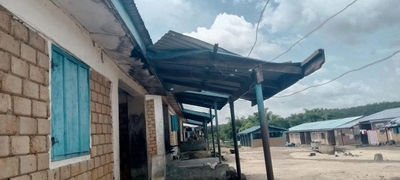
Optimism is reverberating among workers as issues of decrepit housing and a plethora of other problems left behind by Socfinaf - a Luxembourg multinational, partly held by France's Bolloré group, that owned SRC until it divested in August 2024 - are now being addressed.
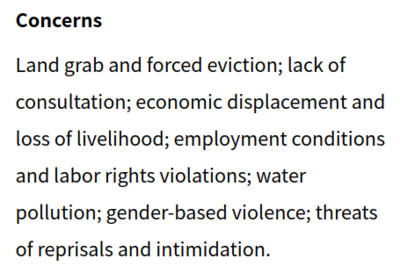
The World Bank unit's "action plan" is an attempt to respond to its own compliance advisor's recommendations on issues ranging from land grabs to sexual exploitation on the plantation.

More than a year late, the World Bank’s International Finance Corporation has finally submitted its response to an investigation that found evidence of grave human rights violations at the Salala Rubber Corporation (SRC) that it helps fund in Liberia.
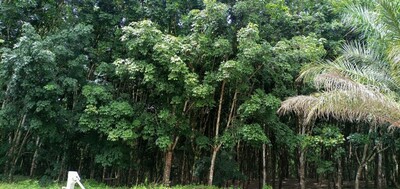
SRC and LAC operations on customary land have historically been conducted without the consent of local communities, leading to land grabs, destruction of livelihoods, and various human rights violations.

L’Afrique est-elle à la veille d’un nouveau cycle d’accaparement des terres, non pas pour sécuriser les approvisionnements alimentaires de pays tiers, comme à la fin des années 2000, mais pour produire les crédits-carbone destinés à compenser les émissions des gros pays pollueurs ou celles des entreprises ayant pris pour engagement d’atteindre la neutralité carbone d’ici à 2050 ?
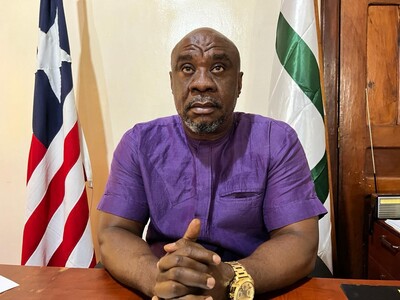
Sinoe County’s Superintendent Peter Wleh Nyensuah is backing an oil palm company’s illegitimate operations against a local community demanding its rights and holding the firm accountable.